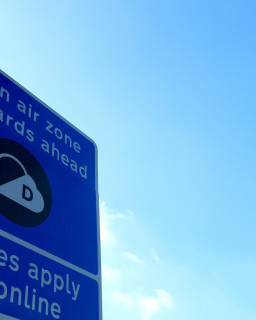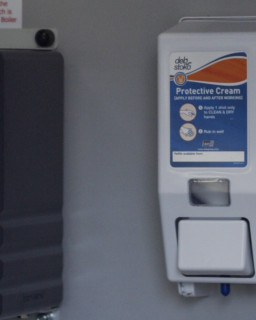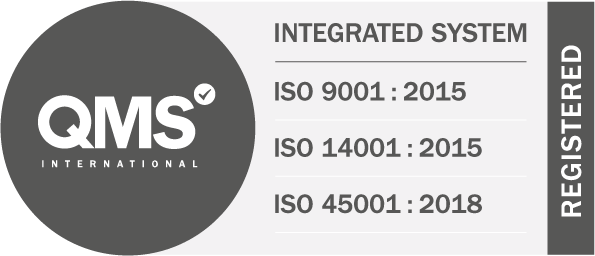Five ways to keep your fleet costs under control
For fleet operators, every mile costs money, but a few key strategies can make sure the fleet remains as efficient as possible, delivering daily value for money to the business
Fleet cost control is always important, but amid the disruption of the pandemic, business leaders will be looking to ensure every penny is spent wisely.
Our five-step guide provides a few key areas where businesses can make the most progress in keeping their costs under control.
Monitor to manage
Fleets do not just run on fuel; they need a steady supply of good data to operate properly. Ensure your business has processes in place to measure fleet performance and effectively review any data that is collected. Areas to consider include establishing a clear Total Cost of Ownership figure for each vehicle. Measure all costs, including fuel, depreciation, funding, servicing, and any damage. Businesses can use telematics to see how the fleet performs on the road, while a good fleet software system can also help to create order out of large sets of data.
Go on a crash diet
Fleet vehicles are most costly when they are not moving and earning money, therefore it is vital to minimise downtime. Crashes and on-road incidents are particularly costly, because in addition to repair bills, companies must find vehicle replacements, rearrange schedules, and support drivers who may have been injured. These costs are often not linked to the incident, meaning as much as two-thirds of losses from each crash are ‘hidden’ within other business costs. Incidents directly impact profitability, so reducing crashes using technology and training can rapidly improve fleet efficiency.
Brain training
Education is a fleet manager’s most powerful tool. A training programme can assist drivers on the road by giving them defensive driving techniques, which protects them from other road users and helps them to avoid mistakes that can cause crashes. Training can be offered in a variety of ways, from ‘toolbox talks’ that provide regular informal updates, to posters. On-road training can be focused where it is most needed, based on analysis of driver performance data and incident reports.
Use a flexible friend
As the saying goes, ‘sometimes you don’t need to fill the whole kettle when you just want one cup of tea’. Fleets have a variety of transport demands and they often differ over time. Therefore, it can be a costly error to lock your business into long-term contracts for vehicles if you are not certain you will need them. Fleet operators are increasingly embracing flexible fleet provision, where partners such as Reflex Vehicle Hire can add or remove vehicles quickly in response to changing business demands, without any of the traditional early termination penalties associated with funding options such as contract hire. Flexible rental is a growing force in the car and van fleet sector that is proving vital during the current uncertain economic climate.
Avoid false economies
Business leaders often provide a wealth of examples where a focus on short-term savings led to a rise in long-term costs when selecting suppliers. A single failure by a poorly chosen supplier can wipe out any cost savings in a moment, so it pays to focus on achieving a blend of service, reliability and cost with a supplier that can be trusted. Through effective partnership, a supplier and fleet customer can work together to deliver efficient and safe transport that remains competitive over the long-term.
To see how Reflex Vehicle Hire can help your business to operate a more cost-effective and efficient fleet, either contact one of our team or review our detailed Case Studies from a range of our satisfied customers and partners.
Share to:
Find out more
Find out how Reflex Vehicle Hire can help your company.
Call 0330 460 9913 or visit our contact us page.







@2x.png)

